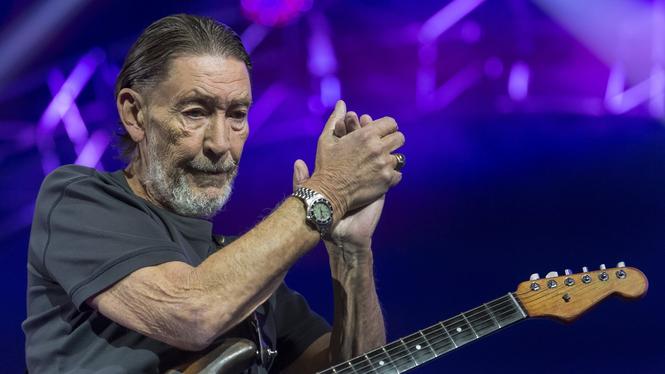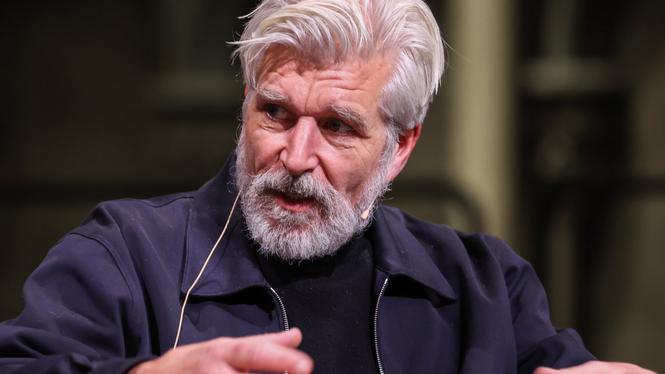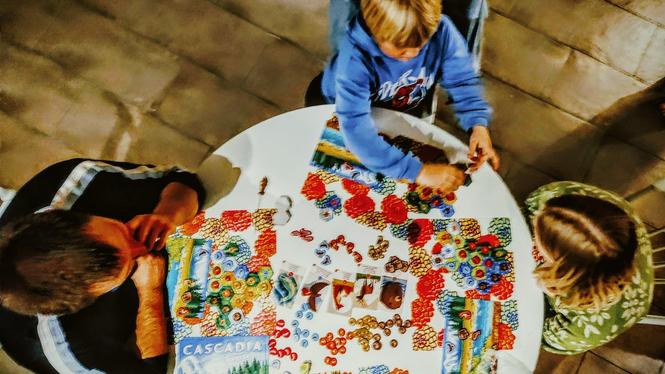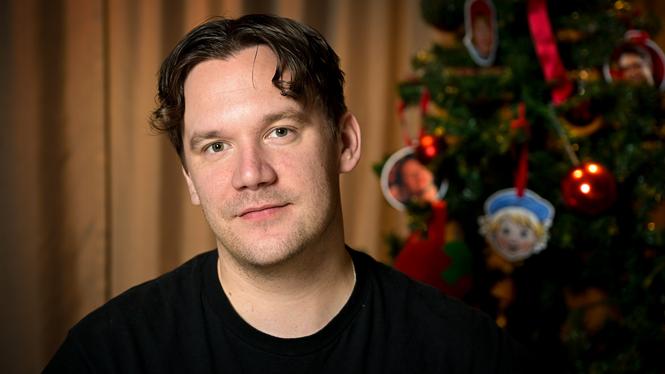Dagens ETC
Despite the far-right threatening to take power in France, Assa Traoré, who became the country's biggest anti-racist icon after her brother was killed by the police, finds it hard to find the motivation to vote in the election.
"When we face racism, no one listens, but when they suddenly need us, they want us to stand up against the far-right extremists."
She believes the left has also contributed to the racism now sweeping the country.
Dagens ETC met her in Paris.
Read the interview in:
Swedish: Assa Traoré: ”Vi är inte något man skurar golvet med”
Vill du fortsätta?
Bli prenumerant på Dagens ETC!
Om du redan är det
loggar du in här
.
JUST NU: Prova en vecka utan kostnad
Gör som över 29 000 andra – registrera ett konto på etc.se. Ingen bindningstid – avsluta när du vill.
POPULÄRT VAL: Läs hela hösten
Vill du läsa hela hösten till superpris? Prova 3 månader för 99 kronor. Ingen bindningstid.
Betala per år
Du kan spara upp till 1 109 kr med en årsprenumeration på Dagens ETC.
Kommentarer
Den här konversationen modereras enligt ETC:s communityregler. Läs reglerna innan du deltar i diskussionen. Tänk på att hålla god ton och visa respekt för andra skribenter och berörda personer i artikeln. Olämpliga inlägg kommer att tas bort och ETC förbehåller sig rätten att använda kommentarer i redaktionellt innehåll.











